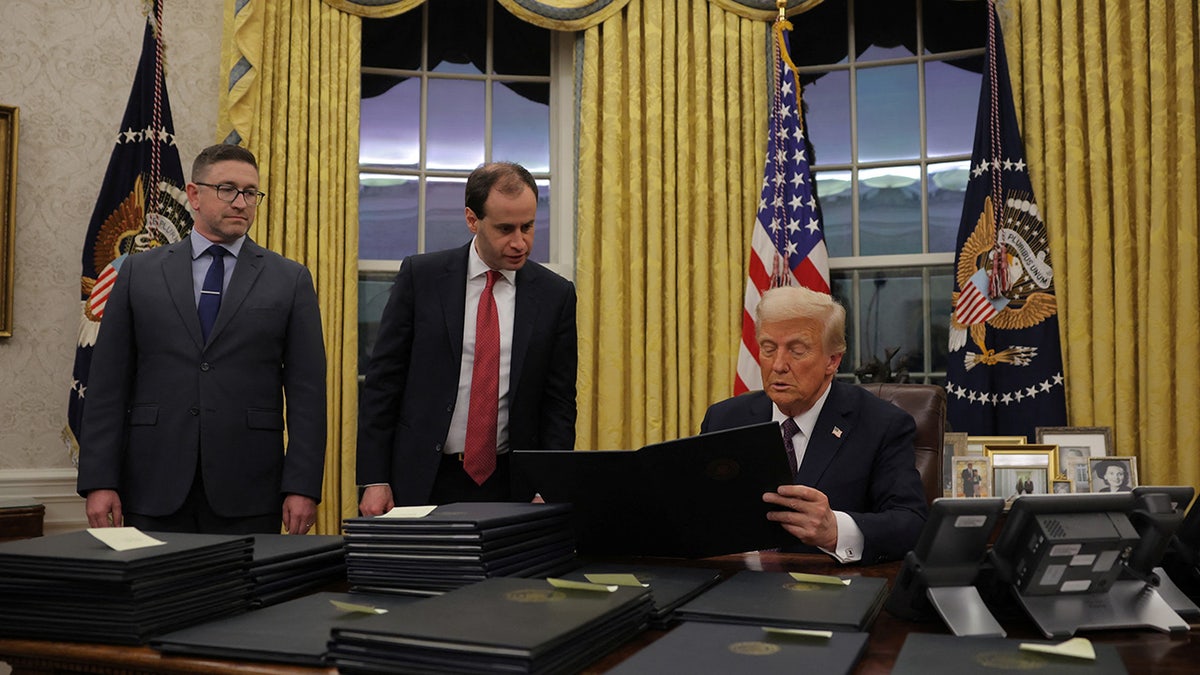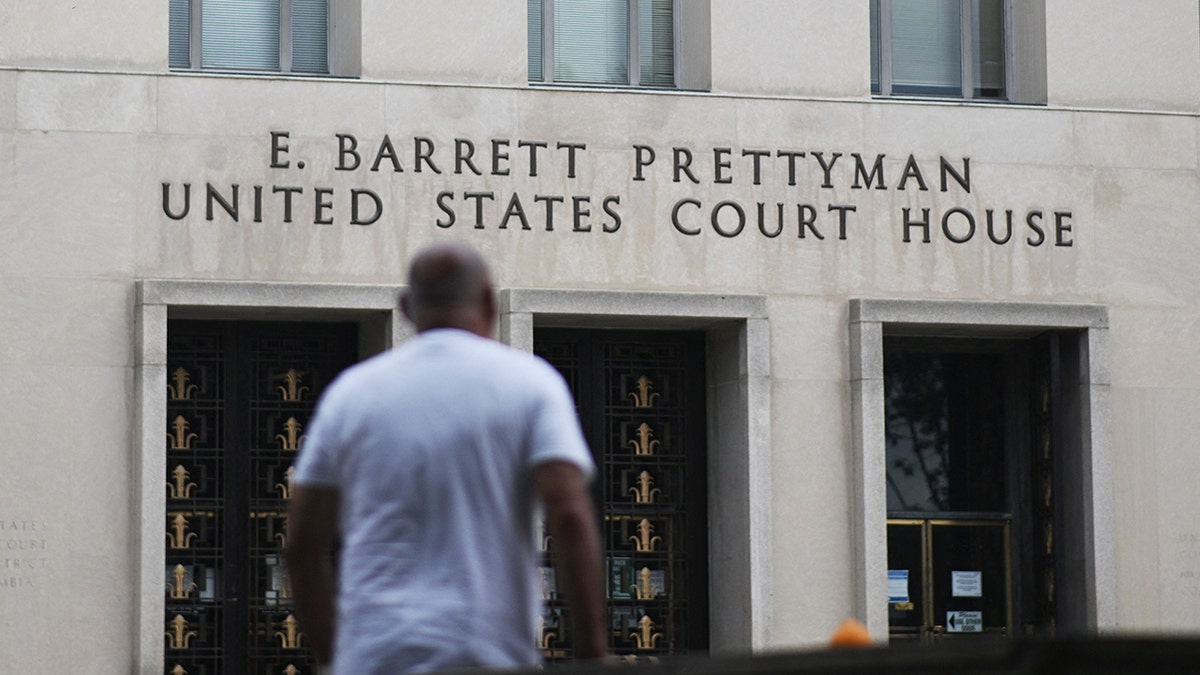The recent pardons granted by former President Trump to individuals involved in the January 6th Capitol events have sparked widespread criticism. Many believe that those demonstrably culpable have evaded legal repercussions. However, the justice system isn't solely about guilt or innocence; it's equally about due process, a constitutional guarantee ensuring fair legal proceedings. This aspect has been largely overlooked in the public discourse surrounding these pardons.
While the extensive video evidence of the January 6th events is readily available, the public remains largely unaware of the legal processes, or lack thereof, experienced by the defendants. The assumption, both by the public and commentators, is that these individuals received standard due process. This assumption is incorrect, and the flaws in the legal proceedings, irrespective of judicial opinions, strongly justify Trump's pardons. A conviction obtained without due process is inherently flawed, much like evidence obtained through an illegal search.

Numerous complex legal issues arose in these cases, including charging decisions, venue changes, and the application of arguably irrelevant statutes. A detailed examination of each would be extensive, but one example illustrates how the Biden Justice Department deviated from established practices to gain leverage over the January 6th defendants.
Federal Rule 20 allows defendants wishing to plead guilty to request a transfer of their case to their home district. This requires agreement from the U.S. Attorneys in both the charging district and the defendant's home district. This practice, known as a "Rule 20 Transfer," was routine in my 21 years as a federal prosecutor.
However, the Biden DOJ rejected all such requests for January 6th defendants. While hundreds pleaded guilty, the DOJ insisted that sentencing be conducted by one of the 19 federal judges in the District of Columbia, some of whom had a direct view of the events from their office windows. This deliberate choice of venue raises concerns about impartiality and potential bias.

Over 42 months, I represented January 6th defendants, including 12 trials and a sentencing just days before Trump left office. I witnessed numerous instances of due process violations, which I intend to elaborate on further. I believe these examples will illuminate the justification behind President Trump's pardon decisions for those who value due process.
Comments(0)
Top Comments